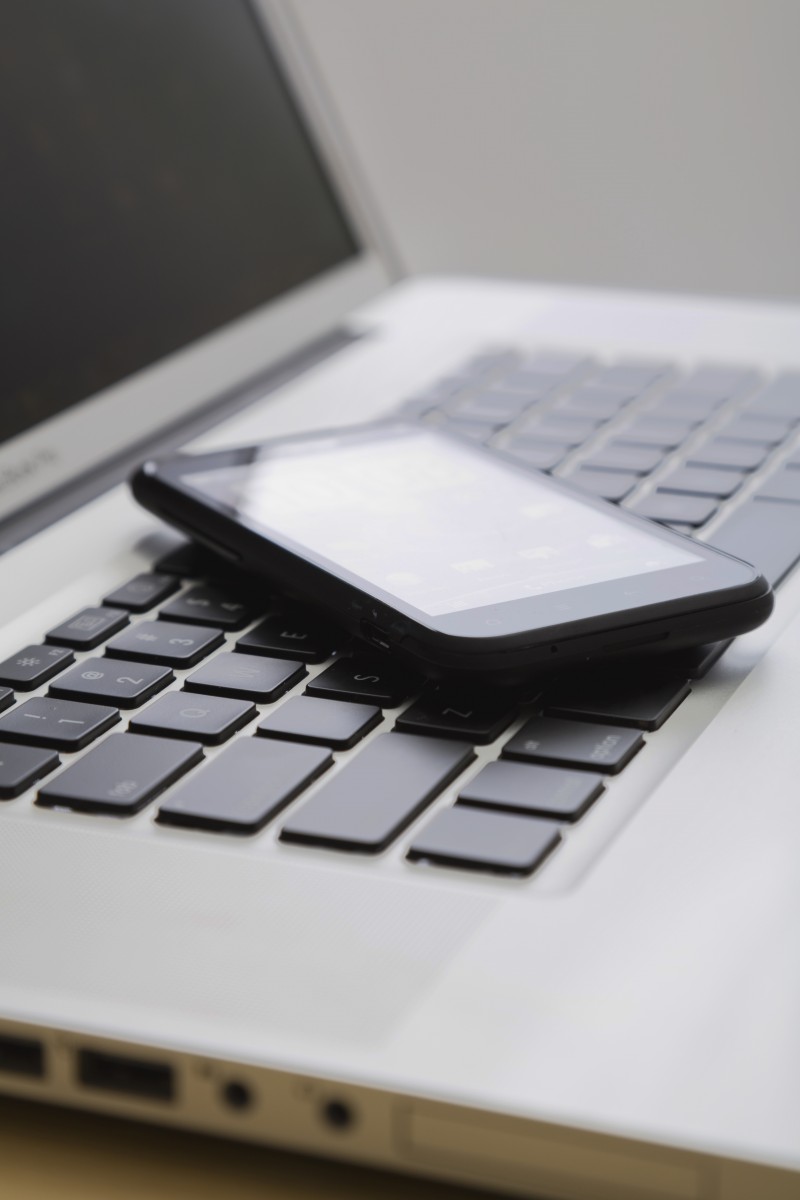State and local authorities are cautioning consumers of a few phone call scams that have recently been reported, including a jury duty and a utility bill scam.
The Monongalia County Sheriff’s Office recently warned the community they have received several reports from residents regarding scam phone calls. The caller ID is showing a spoofed number that appears to be coming from the sheriff’s office.
The caller will identify themself as Sheriff Palmer or another deputy from the department and say they are notifying citizens of a bench warrant and demanding payment to avoid arrest.
“The latest trend is the court documentation,” said Chief Deputy Mark Ralston. “Either there is an active warrant or somebody didn’t show up for grand jury, so there is a fine you have to pay now, that kind of stuff.”
The department wants people to be aware that you will never be asked to pay money over the phone to avoid arrest. And if someone calls you and demands you get Vanilla Visa or GreenDot cards and give them the numbers, it is definitely a scam.
“The best advice we can give is if someone does get a call like that – then call our office,” Chief Ralston said. “You call whatever jurisdiction you are in. If it is supposedly from our office and one of our officers is calling, you give us a call to verify anything.”
Jury duty scam
West Virginia Attorney General Patrick Morrisey’s office recently alerted consumers they have also received reports from several different counties in the state of scam calls involving similar spoofed calls appearing to be from law enforcement requesting payment for a supposed failure to appear for jury duty.
“Scammers are constantly devising new schemes to scare consumers into giving them their money,” Morrisey said in a recent press release. “If you get a suspicious call, even if it comes from a number that looks legitimate, don’t feel pressured to act immediately. Pause and give our office a call — it might save you from potentially being scammed.”
IRS claims
Morrisey’s office is also warning about an ongoing nationwide scam, which has been referred to as the “largest of its kind” involving callers who claim to be from the Internal Revenue Service (IRS) and threaten arrest if you don’t immediately pay a certain amount. Thousands of victims across the country have already paid more than $1 million to these scammers. The callers typically use the same script, which leads authorities to believe they may be connected.
False utilities
Utility customers should be on the lookout for potential scammers as well, according to a press release sent out Thursday by the West Virginia Public Safety Commission (PSC). The commission is cautioning utility customers to be on alert because, while this is not a new scam, the callers now have enough specific information about your utility bill to make themselves sound very credible.
The caller will claim to represent a utility like the power company and threaten to shut off service if the customer doesn’t pay the amount demanded. The PSC said in a recent call reported, the caller insisted that the customer had to provide her bank debit card information and pay $778.09, the exact amount of the customer’s last bill, which she had paid a few weeks earlier.
“Never engage with these criminals,” said PSC Chairman Charlotte Lane in the release. “If you receive a call from someone who threatens to shut off your utility service and demands payment, hang up immediately and call the number on your utility bill. Your utility representatives will provide accurate information about any outstanding balance and will appreciate the report of any scams that are being perpetrated in their name. You should also report the scam to local police.”
While it doesn’t seem like phone scams will be going away anytime soon, there is pressure on the major players in communications to help reduce the number of scam and robocalls being made to consumers.
Attorney General Morrisey and a bipartisan group of 51 attorneys general are calling for the Federal Communications Commission to require gateway providers – the companies that allow foreign calls into the United States – to take steps to reduce how easily robocalls have been able to enter the U.S. telephone network. They also asked that phone companies implement a caller ID authentication technology that helps prevent spoofed calls.
In the meantime, it is up to the individual receiving the call to screen for potential scams. If something seems off, hang up and call a number you know to be correct for the company or authority they claimed to be from.
If you have any questions or have become a victim of a phone scam or fraud, call the Monongalia County Sheriff’s Office at 304-291-7260 or your local Sheriff’s Department. Scams can also be reported to the Attorney General’s Consumer Protection Division at 1-800-368-8808 or visit the office online at www.wvago.gov.




